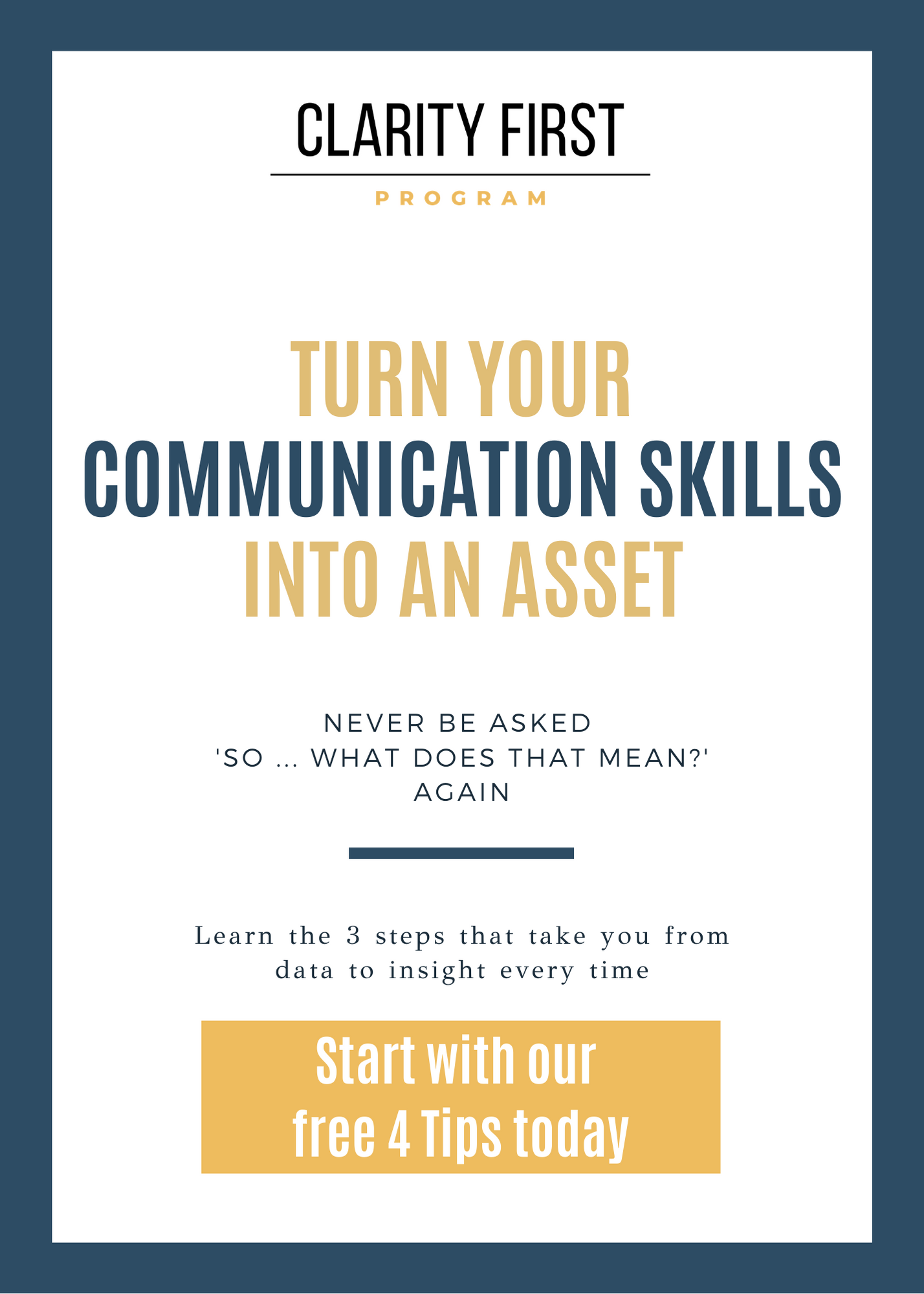I went to a terrific lunch today hosted by Let's Connect Women, where two senior directors shared valuable insights about life as a Board Director.
Toward the end of the conversation someone asked how executives can help Board Members and the conversation rapidly turned toward board papers.
It was fabulous to hear what they do and don't like, but particularly how they see poorly crafted board papers potentially putting them at risk.
Here is a snapshot of their comments organised according to what they do – and don't like – about board papers.
They DO like:
Encouragingly, Ann Sherry (Boards include Carnival Australia, ING, NAB, Palladium, Sydney Airport, Australian Rugby Union), commented that it is possible to summarise the key points from a 1,000 page report on a single page.
Both she and Patrick Allaway (Boards include David Jones, Fairfax Domain, Woolworths South Africa, Metcash), agreed that this was not only possible but also desirable and that they would like the purpose and key message up front in their papers rather than having to dig for it.
However, there was much more discussion about what they don't like.
They DON'T like:
- Being exposed to the risk of missing material issues because they can't untangle the papers to find them. This was a real concern and one we can relate to in many of the papers we see.
- Getting a brain dump of the month's activities. This suggests that not much thought has gone into the papers and raises the question about management's decision making processes, not just their writing abilities.
- Having to spend all weekend sifting through the papers to identify the core message buried ‘somewhere on page 25'. They would much prefer it to be spelt out up front and supported by the rest of the paper or pack.
- Listening to business leaders read through page after page of 40-page PowerPoint decks. They would much prefer the highlights only, given they have read the details before the meeting, and spend the time in a detailed discussion about the issues the paper raises
- Forcing themselves to stay awake as someone provides them with every detail they know about an issue. The word coma was used …
I thought you might like to hear it from the horse's mouth.
Keywords: board papers, leadership communication, design your strategy, understand your audience


